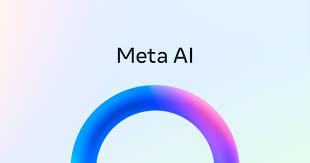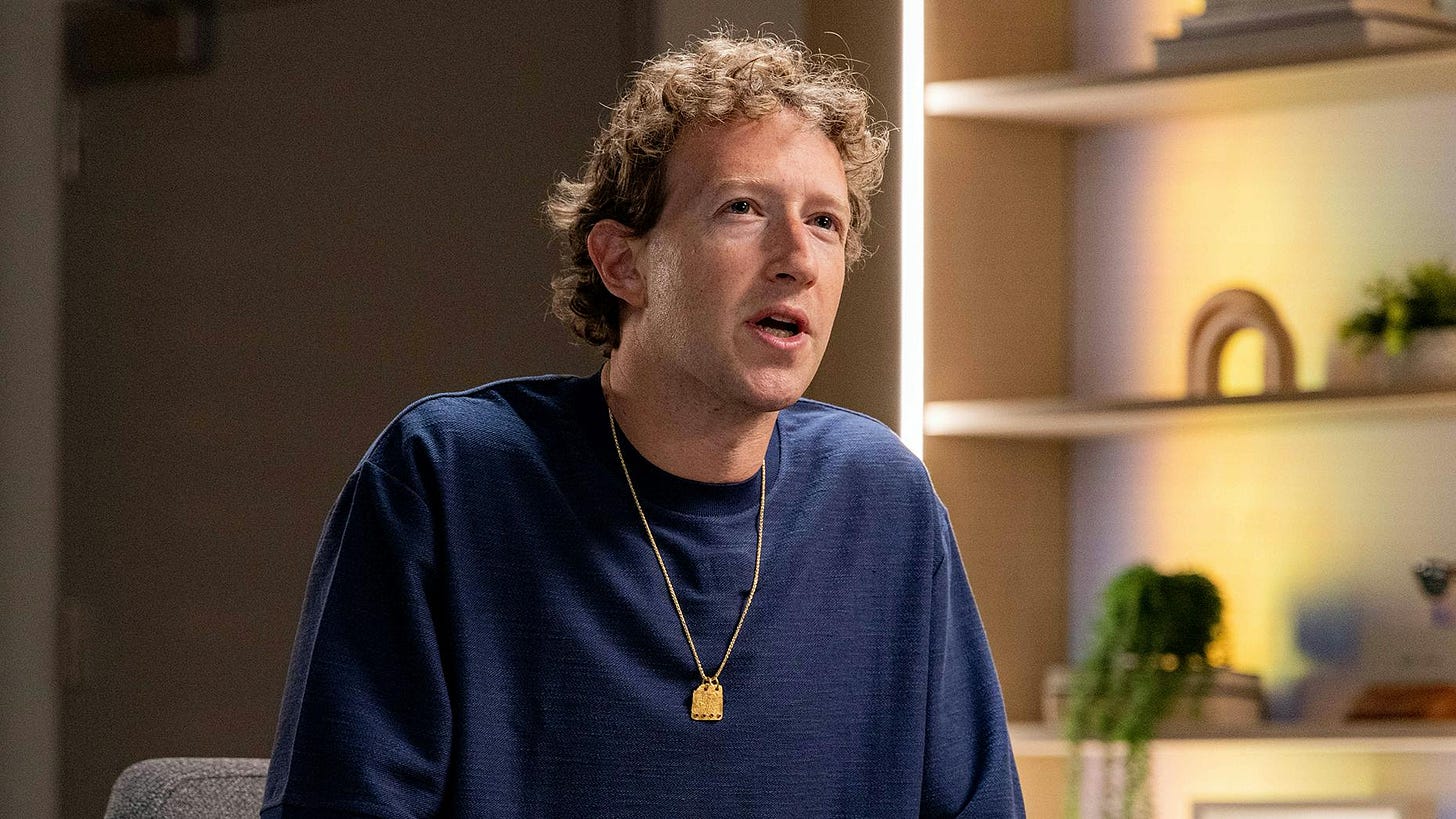AI: The AI Chatbot 'Beauty Contest' is on. RTZ #466
...all LLM AI companies racing for best scores
The Bigger Picture, October 1, 2024
As the fairy tale saying goes, ‘Mirror, Mirror on the wall, who’s the fairest of them all?” This question increasingly applies to AI Chatbots this year and next.
I’ve discussed how this year’s AI Tech Wave has seen a seemingly endless race of almost weekly one-upmanship of the major LLM AI companies introducing upgrades to their models. From OpenAI to Google to Anthropic to Meta and others, there’s been a spate of both large and small (LLM & SLM) AIs and upgrades targeted to both consumers and enterprises.
The question for most since the upgrades, has been how have end users adopted these models and in what numbers. And how sustainable are the growing metrics for these models and chatbots large and small. Especially given the extraordinary AI capex ramp, in the hundreds of billions, that investors are increasingly trying to digest. What are the growth rates for these Chatbots, both direct and via APIs? That is the Bigger Picture I’d like to focus on this Sunday.
In this Saturday’s Weekend Summary, I noted:
“Meta and OpenAI releases new ‘chatbot’ metrics: This end of summer sees new metrics for the chatbots from OpenAI and Meta, giving a glimpse into their growth at the halfway point in 2024. OpenAI announced 200 million weekly active users, double the number from last November.”
“That was of course the first anniversary of OpenAI’s ChatGPT launch in 2022 that kicked off the current AI Tech Wave in earnest. Meta’s Mark Zuckerberg also announced that its MetaAI now has over 400 million monthly active users and 185 million weekly users. This of course is only a few months after it launch across Meta’s three main global platforms with over 3 billion users.”
“All this foots with Microsoft highlighting its Copilot AI growth in July, up over 150% year to date. All these numbers are from a small base of course, and the quality of the user growth and engagements need to mature into sustained usage. But it’s all good progress towards mainstream AI adoption. More on that here.”
So it’s OpenAI GPT-4o, Microsoft Copilot, Meta’s Meta AI, Anthropic Claude, and Google Gemini, all gunning for the best scores and ratings.
Axios goes into the qualitative aspects of these growth metrics in “All the tech giants say their chatbot is the hot one”:
“Like peacocks strutting their stuff in hopes of finding a mate, the tech giants are all eager to show that their chatbot is the one with real momentum.”
“Why it matters: Google, Meta, Microsoft and OpenAI have invested huge amounts of talent and money to build their models and add new features, and are eager to demonstrate that those investments are paying off.”
“Driving the news: A number of the leading players have shared fresh stats in the past 24 hours.”
“OpenAI said Thursday that it now has 200 million weekly active users, twice the number it had last November.”
“Meta said Thursday that usage of its open-source Llama model from the major cloud service providers has doubled between May and July. Mark Zuckerberg posted on Threads late Thursday that Meta AI has more than 400 million monthly active users and 185 million people who use it weekly, adding that the company has yet to launch its service in Brazil or Europe.”
“Microsoft highlighted in its July earnings report that Copilot adoption has surged, with more than a 60% increase in business customers. On the consumer side, Microsoft said usage of Copilot is up more than 150% since the start of the calendar year. The company is expected to talk more about Copilot at an event on Sept. 16.”
The question of course is how much of this usage growth is first-time curiosity by early adopters to check out these new services, and compare them head to head. Voice AIs and all.
And try out experiments within companies to see how useful these services are to their employees and teams to do useful work where the AI services augment their capabilities. And thus how much of this usage is sustainable in the long run and won’t “churn out”.
Axios goes onto dive into these questions:
“The big picture: Generative AI is still in its early days. The big task for the entire industry is to show that the products have real value, whether that's taking market share from the lucrative search industry or saving companies money through increased productivity.”
“In the short term, though, everyone is eager to show they are in the lead.”
“TV commercials for generative AI are now common, with Meta, Google and Microsoft all running spots (with varying success).”
Especially since for enterprises at least, the stridency of the questions on AI adoption by businesses is increasing from analysts and investors. Putting more pressure on companies to note that they’re on the ‘AI ball’ with their products and services:
“Between the lines: The war of words is also spilling over into the battle to sign up business customers.”
“On its earnings call on Wednesday, Salesforce CEO Marc Benioff took pains to distinguish Salesforce's new Agentforce AI sales assistant from Microsoft's Copilot offerings.”
"This is not Copilots," Benioff said. "So many customers are so disappointed in what they bought from Microsoft Copilots because they're not getting the accuracy and the response that they want. Microsoft has disappointed so many customers with AI."
“Microsoft quickly fired back in a comment to CNBC. "We are hearing something quite different from our Copilot for Microsoft 365 customers," corporate VP Jared Spataro said. "When I talk to CIOs directly and if you look at recent third-party data, organizations are betting on Microsoft for their AI transformation."
“The bottom line: It's getting a bit feisty out there as all the big tech companies try to show they have the upper hand.”
Meta is a good case in point since they’ve been laser focused on leading in the LLM AI race on the open-source side. Founder/CEO Mark Zuckerberg is leaning into Meta AI’s growth metrics, as the Information notes in “Meta’s Assistant Wins Millions of Users in Challenge to ChatGPT”:
“Meta Platforms CEO Mark Zuckerberg wants his company’s artificial intelligence assistant, Meta AI, to be the world’s “most used AI assistant” by the end of this year, eclipsing OpenAI’s ChatGPT.”
“He seems to be making progress. In early August, less than a year after its debut, Meta AI had at least 400 million monthly active users and 40 million daily active users, according to two current employees.”
“The numbers reflect Meta’s efforts to push its assistant to the more than 3 billion people who use at least one of its apps daily, as well as through a stand-alone website for the assistant and a voice assistant for its Ray-Ban smart glasses. Being able to tap that huge user base is a key advantage for large technology companies looking to seize some of the spotlight from ChatGPT. Google, too, has promoted its conversational AI, Gemini, to its billions of users, though less aggressively than Meta has.”
There are already complaints on how Meta has ‘growth hacked’ Meta AI’s success leveraging its core platforms:
“But some people who use Meta’s apps have complained to the company and in posts on Facebook, Reddit and X about how aggressively Meta is pushing its assistant, including through a search button on the keyboard of its apps. That has stoked discussions among Meta employees about whether some people are using Meta AI unintentionally and may not return regularly, according to one of the current employees.”
“The early August usage numbers mean that roughly 10% of monthly users were using the assistant daily to answer questions, generate images and perform other tasks. That’s a much lower ratio than for Meta’s other apps; Meta said in February that 80% of monthly users also used at least one of its apps daily.”
“The numbers suggest that Meta AI is already meaningful competition for ChatGPT, which launched in November 2022. OpenAI said Thursday that more than 200 million people used the service weekly. Meta AI might not be far behind, given the recent usage figures.”
“Unlike Meta AI, ChatGPT is also a business. Millions of people pay for a premium version of the chatbot, which costs $20 per month, to help with writing, computer programming and answering general questions. ChatGPT recently was on pace to generate around $2 billion annually from those subscriptions.”
Speaking of OpenAI, let’s not forget Apple, who signed a partnership with OpenAI’s ChatGPT service for external LLM AI queries for its 2 billion plus users this summer. As I noted then, Apple with their ‘Apple Intelligence’ driven AI strategy is set to potentially turn the AI game on its head.
They’re poised to announce their iPhone 16 and other Apple hardware optmized for AI (the Apple Kind) this September 9th. With possible new features and capabilities for its Siri Voice service for it’s ‘Glowtime’ event. There may even be some additional announcement with OpenAI, it’s one official partner on the larger AI front.
Mind you, the issue of monetizing AI chatbots is already underway, with Meta taking the lead on AI Tools for Advertisers to leverage its core platforms and the AI features like Meta AI on top. And AI Chatbots themselves will morph as they go mainstream in the millions and billions, particularly with ‘m2m’ (machine to machine) Agents that I’ve discussed earlier.
In the meantime, the issue of ‘Mirror, Mirror, who’s the fairest one of all’ is up for grabs. At least until this time next year. There’s a lot of ways for the all the players to continue to reach for the crown.
The AI Mirror is going to be used a lot until then this AI Tech Wave. That is ‘the Bigger Picture’ this Sunday. Have a great Labor Day weekend all. Stay tuned.
(NOTE: The discussions here are for information purposes only, and not meant as investment advice at any time. Thanks for joining us here)









